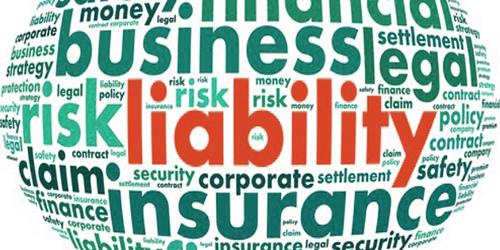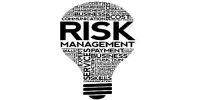Liability insurance is any type of insurance policy that protects an individual or business from the risk that they may be sued and held legally liable for something such as malpractice, injury or negligence. Liability insurance policies cover both legal costs and any legal payouts for which the insured would be responsible if found legally liable. Intentional damage and contractual liabilities are typically not covered in these types of policies. Some various forms of liability insurance are,
General Liability Insurance –
No business should go one day without general liability coverage. This type of policy covers the business in the case of a claim or lawsuit that arises from injuries, accidents, or negligence. Covered claims may include bodily injury, personal injury, property damage, slander, or lithe advertisement. The insurance provider covers all covered expenses including legal representation except for punitive damages.
Product Liability Insurance –
If a company makes, sells, or distributes a product, they can be held liable for its safety. Product liability insurance covers claims that arise from defective products that cause injury or harm. Coverage should vary with the type of product that is made. For example, a pharmaceutical company is exposed to higher product liability risks than a clothing manufacturer.
Professional Liability Insurance –
This type of liability policy is also known as errors and omissions insurance and is most often purchased by businesses that provide professional services. It covers the professional business owner from malpractice, errors, or negligence in the services provided to customers. Some states require certain professions, such as doctors, to carry this type of policy.
Property Insurance –
Commercial property insurance policies are available for businesses that operate out of standard commercial buildings. These policies cover loss and damage to company property because of theft, fire, smoke, wind, hail, vandalism, and other covered events. Company property is usually defined as buildings, equipment, documents, business interruptions, lost income, and money. A home-based business can purchase similar coverage in addition to their home owner’s policy. In some case, riders can be added to a traditional home owner’s policy to cover certain losses, but it is generally not as extensive as a separate coverage.
Workman’s Compensation Insurance –
Any business that hires employees outside of the owner’s immediate family should purchase a workman’s compensation policy. In fact, most states require this coverage. If all employees are injured on the job, this policy covers their medical expenses and loss of income. In the case of permanent disability, a workman’s compensation policy can provide benefits until the employee reaches retirement age. Most business owners aren’t required to cover themselves or any workers in their immediate family. If they opt-out of coverage for themselves, they should look into personal disability insurance. Rates are based on hours worked and the average injury rate for a specific industry. For example, residential construction workers who work on roofs are rated higher than those who install interior trim because of the increased chance of falls from high work areas.
Commercial Auto Insurance –
If a business uses vehicles in the normal course of business, they will require commercial auto insurance. In addition to covering personal injury and property damage, commercial auto insurance covers the business for loss of use in the case of an accident.
Umbrella Policies –
An umbrella policy is a catch-all for anything that slips through or exceeds the limits of any other policy. These policies are relatively inexpensive, but often require business owners to purchase the maximum limits on all other policies.
















